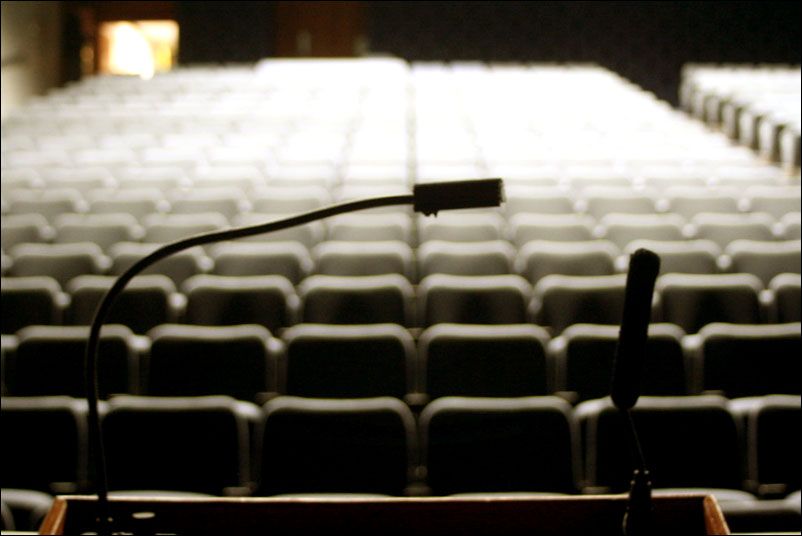Academics say fear of online backlash hinders research
Academics across the country feel that their research is being hindered due to a growing fear amongst universities of social media backlash. Some academics have even reported having to leave the country to pursue their research and academic interests, accusing British universities of ‘blocking their studies’ over fears of online reaction.
When speaking to the Sunday Telegraph, various academics stated that universities are “drifting into moral vanity” by preventing research into areas that are deemed to be “politically incorrect”.
James Caspian, one of the country’s leading specialists on gender, is planning to take Bath Spa University to judicial review after it refused to support his research into why a growing number of transgender people were reversing their transition surgery.
The university originally accepted Mr Caspian’s proposal in 2015, but later reversed their decision due to fears that his research could cause “unnecessary offence” and “attacks on social media” against the institution. Mr Caspian has raised almost £6,000 in donations from fellow academics, which he intends to use to fight his case.
Universities project themselves as places of open debate, while at the same time they are very worried about being seen to fall foul of the consensus
Dr Heather Brunskell-Evans
Such controversy arises amongst the recent concerns by many over the free speech debate on British universities, with the government calling on universities to do more to counter the trend of “no-platforming”.
Dr Heather Brunskell-Evans, an academic who has previously sat on research-awarding bodies, claims that some universities are now becoming too “authoritarian”.
When speaking about her experiences, Dr Brunskell-Evans stated: “Universities project themselves as places of open debate, while at the same time they are very worried about being seen to fall foul of the consensus. They are increasingly managerial and bureaucratic. They are now prioritising the risk of reputational damage over their duty to uphold freedom of inquiry.”
Other academics have also spoken out about their experiences, claiming that research decisions have increasingly been based upon that amount of money that can be generated through such grants, with “trendy” and “fashionable” subjects getting priority over potentially controversial issues.
In response to his own experiences, James Caspian sent a letter to the ex-universities minister, Jo Johnson, last month, stating that “the suppression of research on spurious grounds” is a key problem within many universities.
We’ve reached a point where research conducted in other countries will become increasingly dominant
Dr Werner Kierski
Mr Caspian also stated that: “I believe that it should be made clear that any infringement of our academic freedom should not be allowed. I would ask you to consider the ramifications should academics continue to be censored in this way.”
Mr Johnson was replaced by former prisons minister, Sam Gyimah this week, after he faced criticisms over appointing Tony Young to the Office for Students.
A spokesman for Universities UK has commented on the recent events, stating that universities need “robust processes” to ensure that every piece of research is conducted appropriately.
Despite such comments, many academics still believe that the approach by British universities is both unnecessary and overly restrictive. Dr Werner Kierski, a psychotherapist who previously taught at Anglia Ruskin and Middlesex Universities, commented that: “We’ve reached a point where research conducted in other countries will become increasingly dominant. UK research will become insignificant because they [researchers] are so stifled by ethics requirements.”

Comments